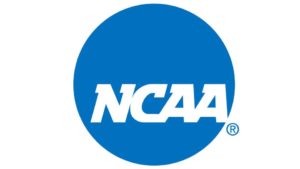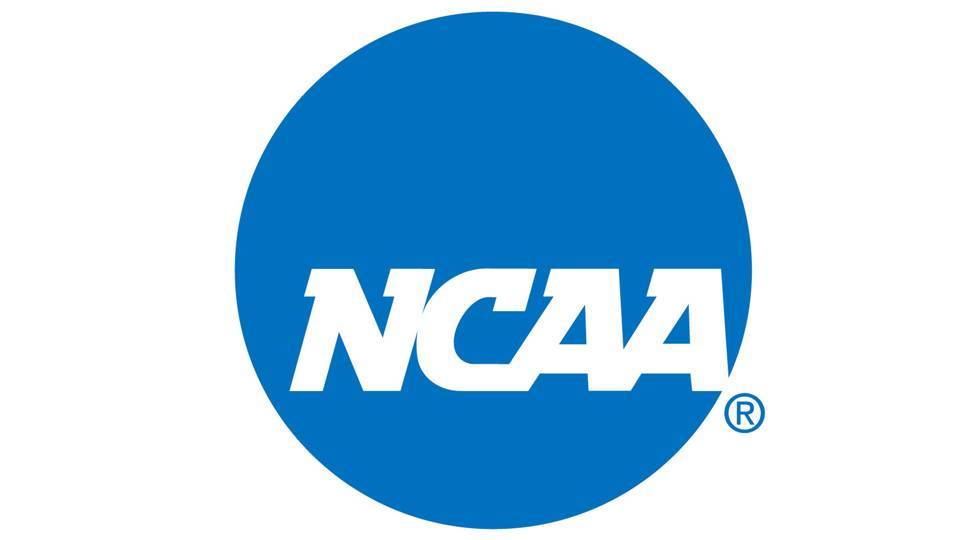 A lawsuit against the NCAA and some Division I men’s schools is asking to end the loss of U.S. college hockey eligibility for players who compete in major juniors.
A lawsuit against the NCAA and some Division I men’s schools is asking to end the loss of U.S. college hockey eligibility for players who compete in major juniors.
Attorneys for Canadian player Rylan Masterson claimed in a lawsuit filed Monday that the NCAA’s rule taking away eligibility for those who play games in the Canadian Hockey League violates U.S. antitrust laws.
Masterson is seeking unspecified financial damages and class status for other major junior players who have been prevented from playing NCAA hockey. He also wants an end to enforcement of the rule.
Ten private schools are listed as defendants along with the NCAA: Canisius, Niagara, RIT, Boston College, Boston University, Denver, Quinnipiac, Notre Dame, Stonehill and St. Thomas.
Masterson, from Fort Erie, Ont., played two exhibition games with the Ontario Hockey League’s Windsor Spitfires when he was 16, according to the lawsuit. The NCAA considers the OHL, the Western Hockey League and the Quebec Maritimes Junior Hockey League — collectively, the CHL — as pro leagues because they include players who have signed contracts with NHL teams.
Players who have appeared in a limited number of major junior games can have NCAA eligibility restored in some cases, according to College Hockey Inc.
Masterson’s lawsuit, filed in U.S. District Court in the Western District of New York, claims schools have illegally agreed to avoid recruiting players who have appeared in major junior games. That, the lawsuit argues, limits competition and depresses the labor market for players.
Changes to the prohibition on major junior players joining NCAA teams have been discussed recently in the wake of compensation starting to flow to college athletes.
There has been no decision, however, from college coaches or administrators to seek a change in the major junior rule since amateurism policies have been relaxed.
